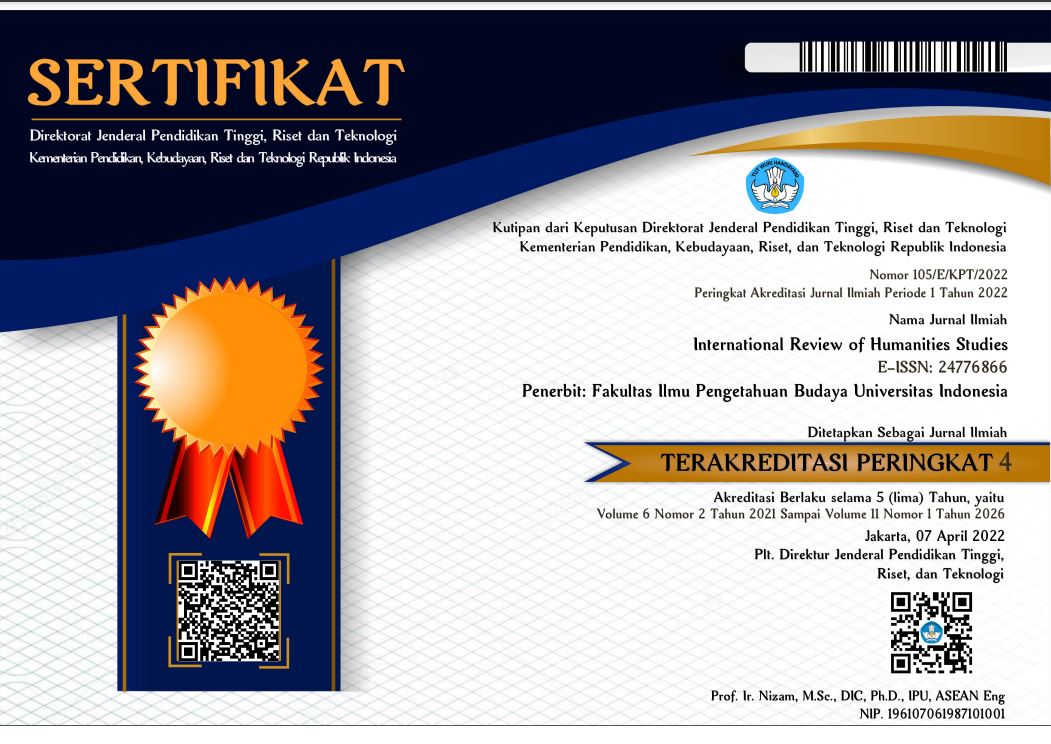International Review of Humanities Studies

Abstract
This paper examines the concept of pluralism in Theravada tradition. Its main purpose is to discuss an idea proposed by Pinit Ratanakul, who tends to portray Buddhism as an inclusive religion, while this paper argues that such an inclusivism of Buddhism has limitations. In contrast, Buddhism also reflects some senses of exclusivism in order to confirm its truth claim. This aspect is always overlooked because scholars seem to interpret their religions to promote the trend of world peace but in a narrow way, until various parts of the scriptures have been ignored. Methodologically, textual analysis has been applied in this paper by scrutinizing the Buddhist texts both primary and secondary sources, as well as some contemporary issues. Collected data are examined through concepts of religious pluralism and the public sphere in post-secular societies. It found that though Buddhism has limitations according to inclusivist views, it can be interpreted to promote pluralism well especially in modern and post-modern societies that religious tolerance is interpreted to serve the freedom of speech in the democratic system. This paper also argues that we cannot talk about religious pluralism without referring to freedom of speech in the public sphere.
Recommended Citation
Buaban, Jesada
(2021)
"BUDDHIST PERSPECTIVES ON PLURALISM AND PUBLIC SPHERE,"
International Review of Humanities Studies: Vol. 6:
No.
2, Article 20.
Available at:
https://scholarhub.ui.ac.id/irhs/vol6/iss2/20


